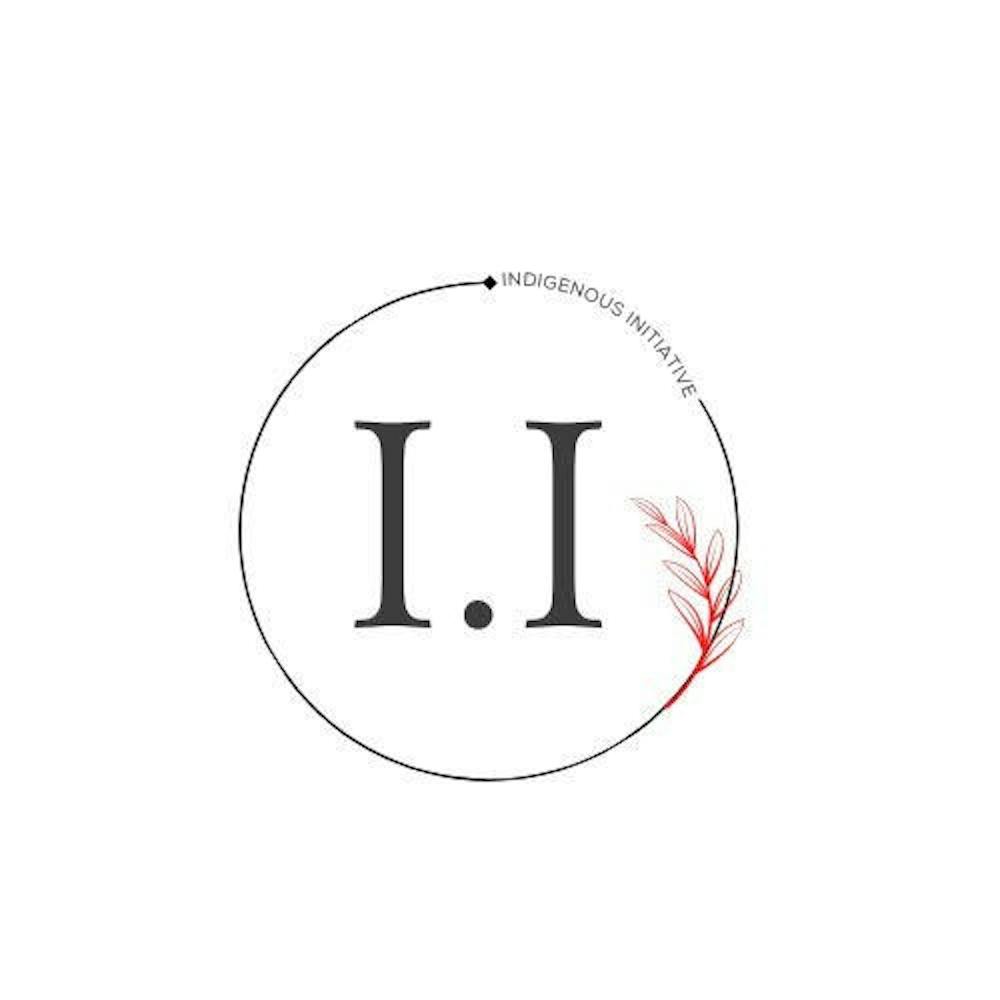American University’s Indigenous Initiative is a new student organization on campus for Indigenous students and allies to gather and raise awareness around Indigenous issues on the local, national and international level amid a lack of Indigenous-led organizations.
“We aspire to create a safe space for Indigenous students at AU from all backgrounds and areas of the world, to connect, support and collaborate with each other,” said Olivia Olson, the director and co-creator of the Indigenous Initiative.
Olson, a sophomore in the School of International Service, collaborated with the SIS Undergraduate Council and the Women’s Initiative last semester to create the Indigenous Initiative.
“I’m a part of the SIS Undergrad Council here at AU and one of the things I wanted to address is the lack of indigenous-led student organizations at AU,” Olson said.
The student organization wants to advocate for Indigenous communities and bring attention to the issues they face such as violence against Indigenous women, biodiversity and environmental degradation in Indigenous communities, residential schools and land acknowledgment. It plans on collaborating with Student Advocates for Native Communities at AU, another Indigenous organization on campus, to tackle some of these issues.
For Deputy Director Tsetan Namdol, a freshman in the SIS, addressing climate issues is high on her list of priorities for the group.
“Indigenous people, they protect about 80 percent of the world’s biodiversity, but they’re the first to be affected by it,” Namdol said.
She gave the example of Tibet, where Tibetan nomads are being forced to relocate as a result of the Chinese government damming and mining their land.
“Indigenous people are water protectors, land defenders and most importantly they’re our hope, and without them, I believe there won’t be a future,” Namdol said.
The Indigenous Initiative also hopes to make the AU community easier to navigate for Indigenous students on campus.
“Indigenous people in particular face a lot of discrimination, racism and are often marginalized in these predominantly white institutions,” Namdol said. “I come from a family and a culture that has been through genocide and colonization, so it’s really hard sometimes to fit into these institutions when you don’t really have that space to talk to other peers who are similar.”
Another issue the organization hopes to address is land acknowledgment. Aalaya Gurram, the outreach member of the organization and a freshman in the School of Public Affairs, hopes to see the University address its role in taking away land from the Piscataway people, who lived in the area before the University was established.
Olson would like to see the University further examine and reconsider some of the course material taught from the colonial perspective.
“Especially through SIS, some of the material and curriculum can be more Eurocentric than what it should be … that’s an issue that should be addressed,” Olson said.
Seeing the University offer more scholarships and funding programs to Indigenous students and students studying Indigenous affairs is also something Olson would like to see.
The group is planning to offer virtual and in-person activities for its members this semester.
It hopes to host movie nights featuring Indigenous stories, an educational field trip to the National Museum of the American Indian, guest speakers featuring popular Indigenous figures and political leaders and virtual workshops.
Through its social media, they also hope to educate people on the surrounding Indigenous communities and promote petitions and Indigenous causes to donate to.
“The biggest thing is that we are open to anyone joining, any allies to the Indigenous communities,” Gurram said. “And we are wanting support from the AU community to help bring awareness to these issues.”
Correction: A previous version of this article spelled Olivia Olson's last name incorrectly.





